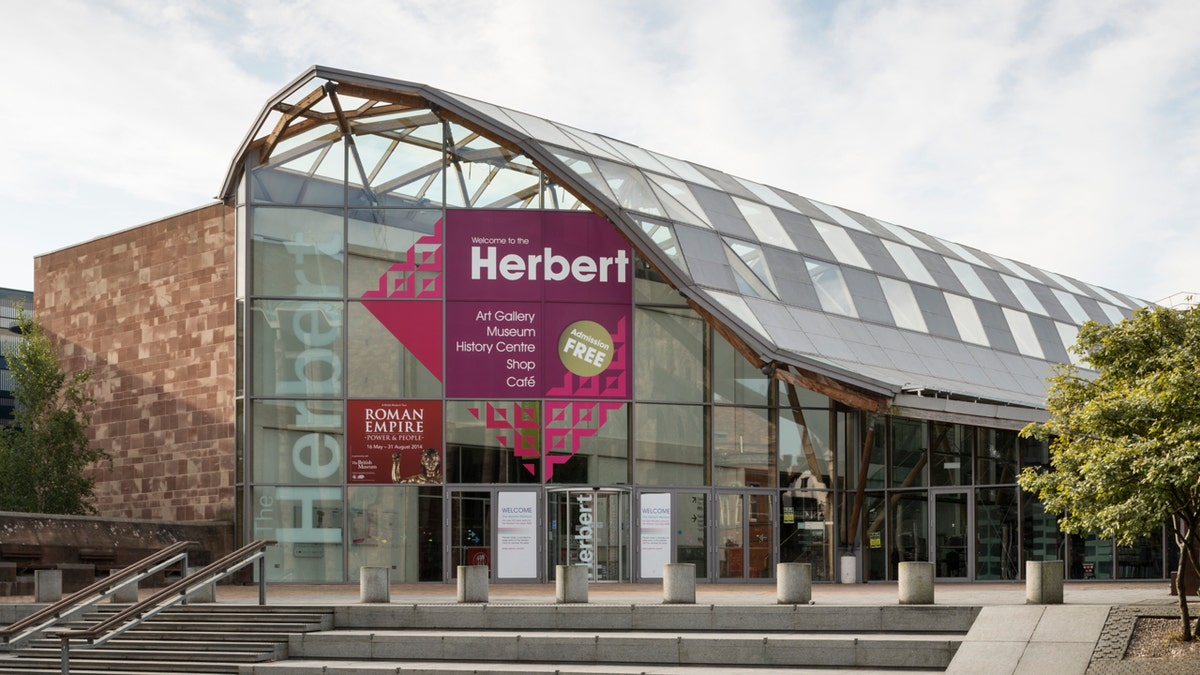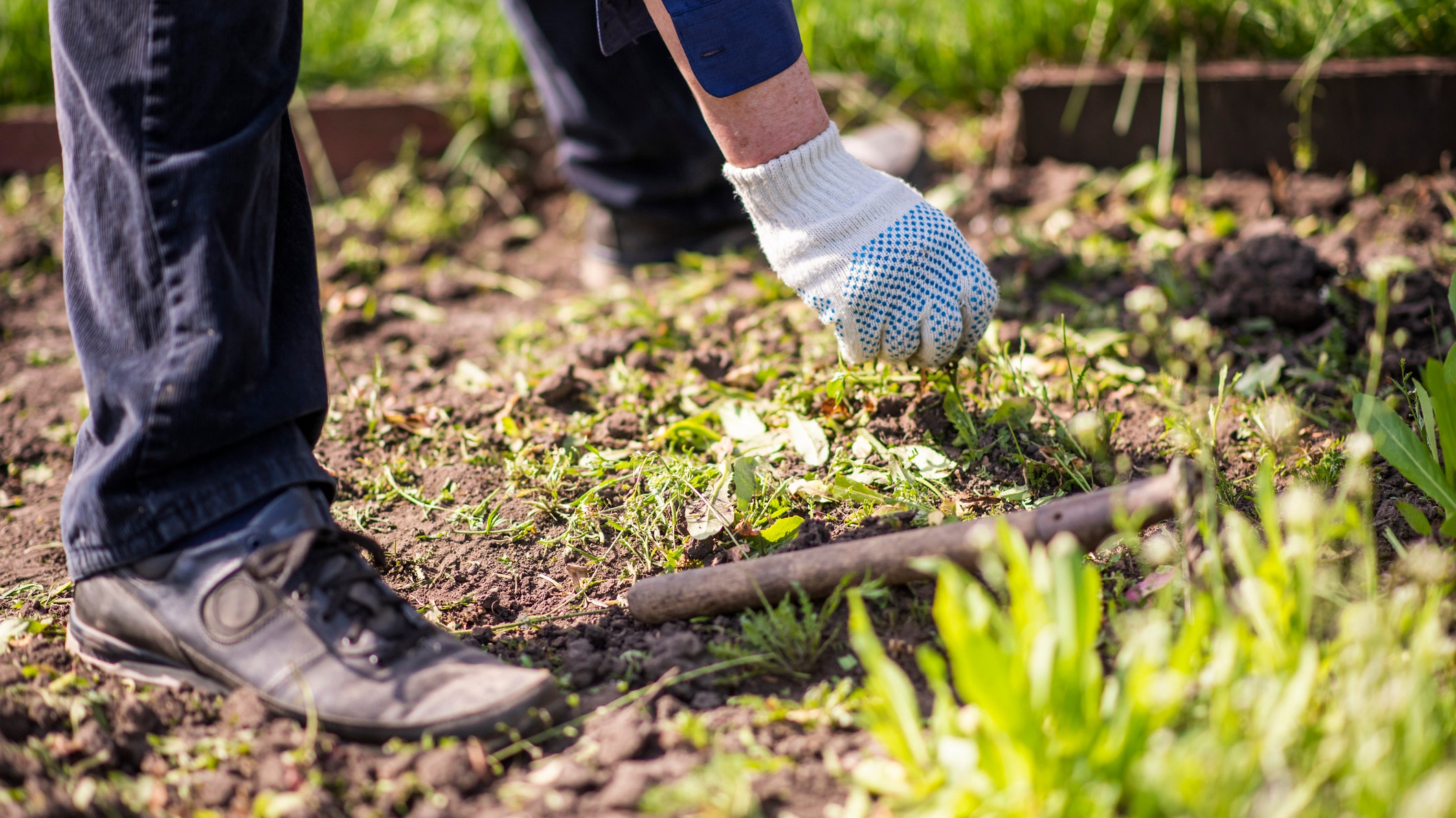A geography teacher in Coventry, England, found an ancient stone while weeding his garden in 2020, but the digging didn’t stop from there. The finding of the stone led the teacher and researchers down a path of discovery, seeking the true value of the find.
Graham Senior found a sandstone measuring 4 inches long in his garden while weeding in 2020. The sandstone featured deeply carved parallel lines on its surface.
“It caught my eye as I was clearing an overgrown part of the garden,” Senior said in a statement per Live Science. “At first, I thought it was some kind of calendar.”
An ancient find could be anywhere, including a backyard garden. (iStock)
MOM, SON DIG UP ANCIENT OBJECT OFTEN FOUND NEAR BURIAL GROUNDS WHILE GARDENING
As it turns out, the parallel lines carved into its surface was ogham, an ancient written language native to Ireland.
“Finding out later it was an ogham stone and over 1,600 years old was incredible,” Senior said, per the source.
Senior first reached out to the Portable Antiquities Scheme to report what he had found.
“This is an amazing find. The beauty of the Portable Antiquities Scheme is that people are finding stuff that keeps rewriting our history,” said Teresa Gilmore, archaeologist and finds liaison officer for Staffordshire and West Midlands based at Birmingham Museums, per the Irish Times.

A geography teacher found the ancient stone while weeding his garden in Coventry. (David Goddard/Getty Images)
12-YEAR-OLD BOY STUMBLES UPON STUNNING ANCIENT FIND WHILE WALKING DOG IN ENGLAND: ‘RELATIVELY RARE’
“This particular find has given us a new insight into early medieval activity in Coventry, which we still need to make sense of. Each find like this helps in filling in our jigsaw puzzle and gives us a bit more information,” she continued.
Archaeologists are still unsure about how the stone got to the garden in Coventry.
“There’s a lot of possibilities as to why it came over,” Gilmore said, per Live Science. “This is one of the things about some of the amazing finds that turn up; they often create more questions than answers.”
The stone was later brought to Katherine Forsyth, from the University of Glasgow in early 2024, who translated part of the script.

The ancient find is on display at the Herbert Art Gallery and Museum. (English Heritage/Heritage Images/Getty Images)
CLICK HERE TO GET THE FOX NEWS APP
She translated the script into the name: “Mael Dumcail.”
Senior has donated the stone to the Herbert Art Gallery and Museum in Coventry. The artifact will be part of the Collecting Coventry exhibition until April 2025.
“We might never know how Mael lost the stone and how it ended up in a garden in Coventry, but I hope future research will reveal more,” Herbert museum curator Ali Wells said in a statement, per Live Science.

